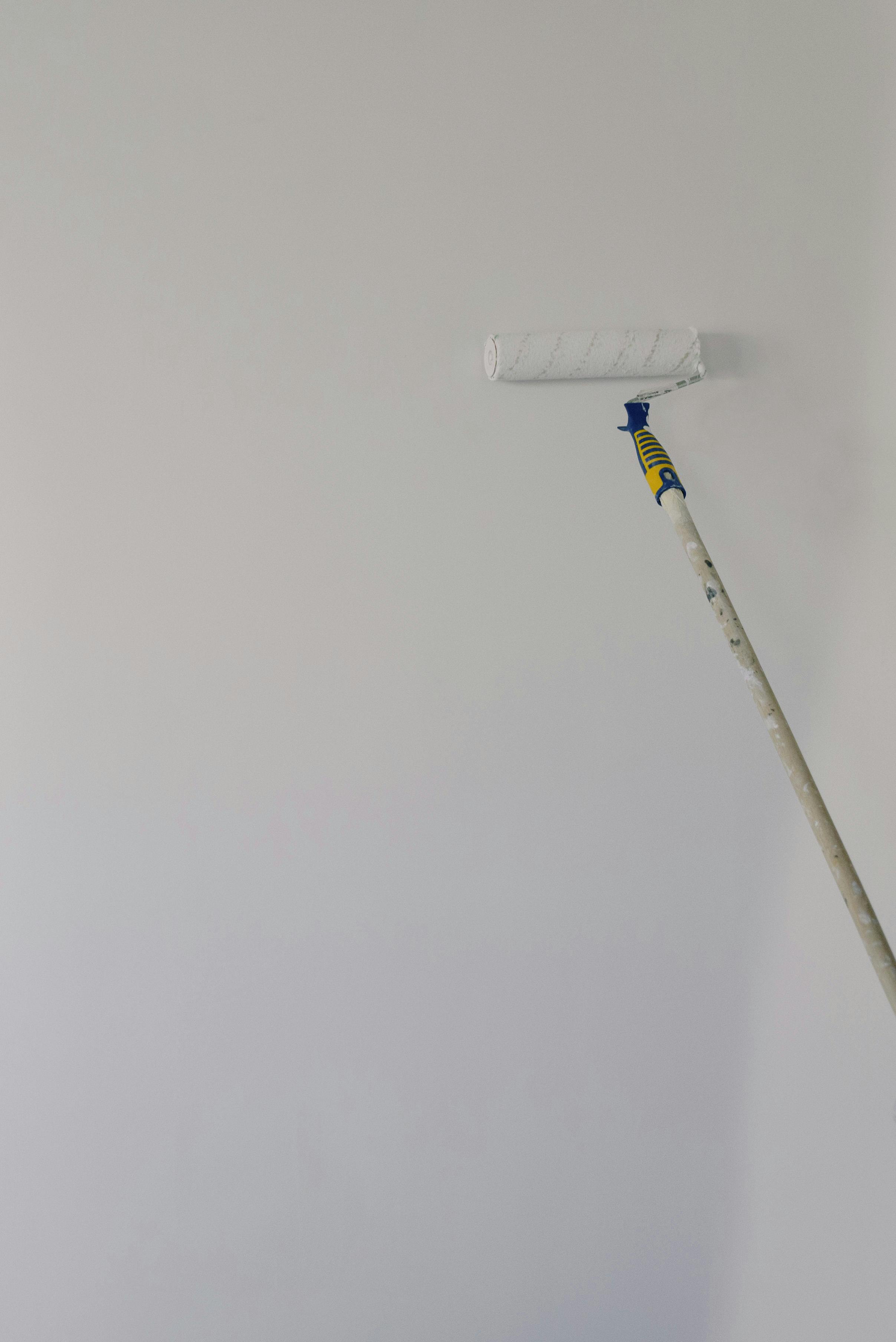
Introduction: Understand the Importance of Garage Insulation
A comprehensive understanding of garage insulation can significantly improve the comfort of your home and reduce energy costs. An adequately insulated garage ensures that your car and other items stored therein remain protected from extreme weather conditions while preventing heat loss from adjacent rooms. This article provides a comprehensive guide to efficiently insulating your garage, explaining vital steps and tips.
Why Garage Insulation is Essential
Many homeowners often overlook insulating their garage, a decision that inadvertently affects their comfort and energy-saving efforts. If your garage is attached to your home and isn't well-insulated, you're likely to lose a lot of heat, especially during the winter. This leakage further stresses your home's heating system, leading to an increase in energy costs. Additionally, an uninsulated garage can expose your stored items to damage from extreme heat or cold.
Garage insulation becomes even more crucial if you use the space for activities other than parking. For instance, if your garage serves as a workshop, home office, gym, or even a spare room, insulation is paramount for maintaining optimal temperatures year-round.
Effective Garage Insulation – What Are Your Options?
Before moving on to the step-by-step guide on how to insulate your garage, let's look at the different insulation options you have. The choice of insulation usually depends on the existing conditions in the garage, your budget, and personal preference. Here are the key forms of insulation:
1. Batt insulation: This type of insulation involves the use of pre-cut panels, usually made from fibreglass or rock wool. It's budget-friendly, but it demands precise fitting to prevent any air pockets.
2. Blown-in insulation: This involves blowing small particles of fibrous materials into the garage space. It provides excellent insulation and is ideal for hard-to-reach spaces.
3. Spray foam insulation: Foam is sprayed inside the wall cavities, expanding to create airtight insulation. Although this is the most costly option, it provides the highest R-value (a measure of thermal resistance).
4. Reflective insulation: This uses reflective aluminium foil to repel heat, especially in hot climates.
Guide to Properly Insulate Your Garage
Ensuring proper insulation in your garage involves several steps that need to be meticulously followed for best results.
Step 1: Inspecting Your Garage
Before you begin, do an initial inspection of your garage to identify any existing gaps, cracks, or damages. Pay particular attention to the garage door, walls, and roof. Note down all the problem areas and decide on the type of insulation and the amount you will need.
Step 2: Preparing the Surface
Preparation is key in the insulation process. Make sure you clear any debris, patch up all the holes, and ensure your garage walls are dry. Ensuring clean, dry, and even walls will make installing insulation much easier.
Step 3: Installing the Insulation
Installation will depend on the type of insulation you've chosen. Batt insulation will need to be cut to size and fit snugly between the studs with no gaps. Blown-in and spray foam insulation are best done by professionals to ensure uniform coverage.
Step 4: Covering the Insulation
Covering your insulation serves both protective and aesthetic purposes. After installing insulation, use drywall or plywood to cover it. Ensure these are adequately painted or sealed to prevent moisture damages.
Step 5: Insulating the Garage Door
The garage door can be a significant source of heat loss. Opt for a specially designed garage door insulation kit with polystyrene or polyurethane foam.
Conclusion: The Importance of Proper Garage Insulation
Garage insulation is a crucial aspect that cannot be overlooked if you wish to improve your home's comfort and energy efficiency. By following this comprehensive guide, you will efficiently insulate your garage - whether you're a seasoned DIYer or new to the home improvement world. Just remember, the best time to insulate your garage is now!